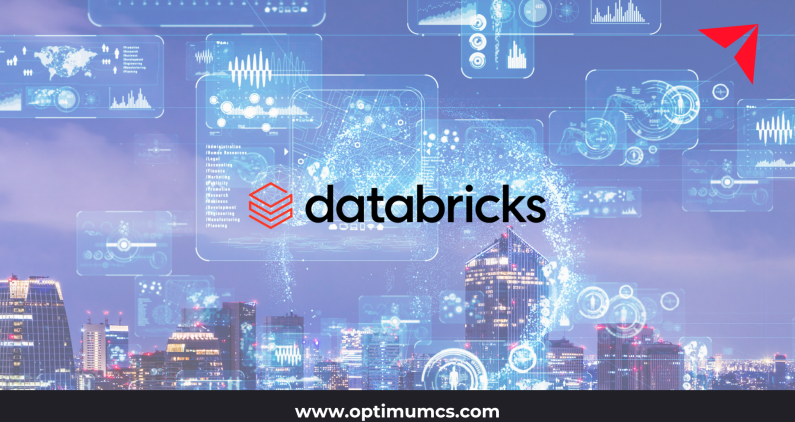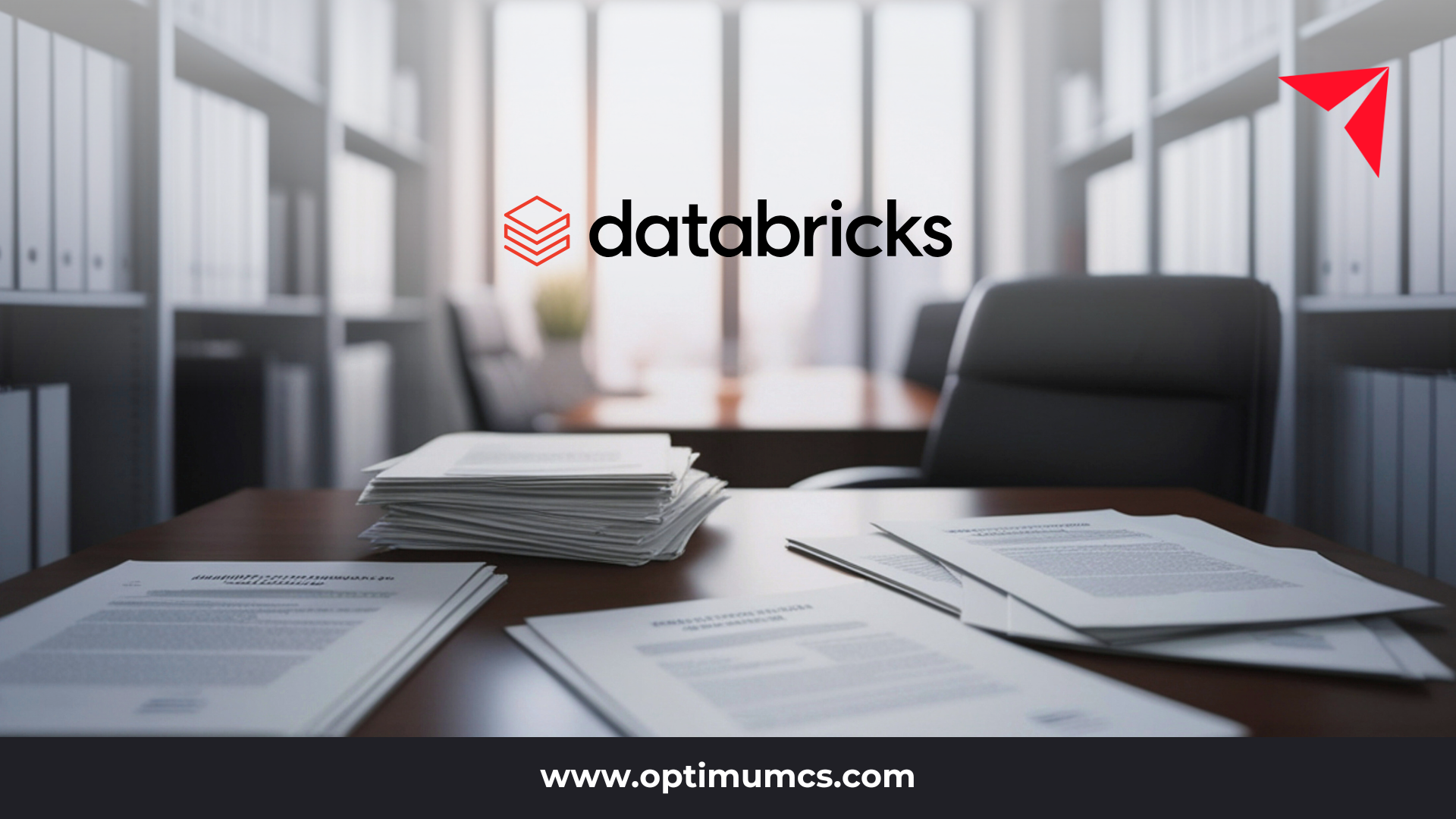As enterprise data teams scale, many struggle to manage analytics efficiently. Manual scripting, fragmented data pipelines, and inconsistent governance make it increasingly difficult to deliver timely, trustworthy insights. Senior leaders face delayed decision-making, compliance risks, and limited ability to leverage modern data science and AI initiatives. This is where Databricks Workflows comes in — providing a fully managed way to orchestrate and automate analytics pipelines across the Databricks Lakehouse Platform.
By adopting Databricks Workflows, enterprises can unify data operations, enforce governance, and automate analytics at scale, advancing along the analytics maturity model and enabling data-driven decision-making without the operational drag of manual processes.
Where Analytics Teams Get Stuck
Even with modern platforms, outdated practices continue to hinder many enterprise analytics functions. Teams often set out with a strong Databricks roadmap, but execution stalls due to fragmented operations and a lack of governance. Key challenges include:
Data silos slow decision-making
Critical information remains locked across on-premises systems, multi-cloud environments, and third-party APIs. Without unification, enterprise data analytics becomes a patchwork of disconnected tools that cannot support real-time insights or scalable Databricks data science initiatives.
Manual pipelines create operational risk
Without Databricks Workflows, teams rely on manually executed scripts or notebook jobs to manage ingestion, transformation, and reporting. This approach introduces delays, increases the risk of errors, and makes it impossible to guarantee consistent data quality for downstream analytics.
Limited self-service access
In many organizations, BI users cannot access refreshed data without engineering support. This bottleneck slows decision-making and prevents non-technical stakeholders from benefiting from advanced analytics or automated ML processes — a core barrier to climbing the analytics maturity model.
Governance gaps lead to compliance risks
Without centralized tools like Unity Catalog Databricks, enterprises lack lineage tracking, fine-grained access control, and proper Databricks data governance. This exposes organizations to security risks and makes regulatory compliance costly and reactive.
Inability to scale
Manual orchestration and disconnected scripts cannot handle the speed and reliability modern analytics demands. Teams stuck in this mode often plateau at the “developing” stage of the analytics maturity model, unable to reach automated, governed operations that drive business agility.
What Are Databricks Workflows?
Databricks Workflows is an enterprise-grade orchestration framework designed to move organizations beyond manual, ad hoc analytics operations. It is a core part of Databricks fundamentals, enabling scalable, automated data and machine learning (ML) pipelines within the Databricks Lakehouse Platform.
Key Capabilities
- Task orchestration: Chain multiple tasks — data ingestion, transformations, ML model training, and dashboard delivery — into a unified, repeatable workflow.
- Dependency management and retry logic: Ensure that each task runs in the proper sequence, automatically retrying failed steps for improved reliability.
- Advanced scheduling: Automate jobs to run on specific triggers or intervals, eliminating manual notebook execution.
- Dynamic cluster management: Provision and decommission compute resources automatically for optimal performance and cost control.
- Governance integration: Built-in support for Unity Catalog Databricks ensures consistent access control, data lineage tracking, and comprehensive audit logging.
Why It Matters for Enterprises
Unlike traditional job schedulers or custom scripts, Databricks Workflows is tightly integrated with the Lakehouse architecture. It supports enterprise data analytics initiatives by:
- Reducing operational overhead through automation.
- Enabling consistent, governed Databricks data science practices across teams.
- Supporting both batch and streaming workloads, critical for real-time analytics.
- Providing the scalability needed to advance along the analytics maturity model.
By embedding Databricks Workflows into the Databricks roadmap, organizations establish a strong foundation for modern, governed analytics operations that can scale with evolving data and AI needs.
Maturing Analytics Operations: From Ad Hoc to Automated
Enterprises rarely achieve scalable analytics through manual scripts and isolated pipelines. These approaches can handle small-scale experimentation but falter when operational demands grow. Databricks Workflows enables organizations to evolve from reactive, fragmented processes into automated, enterprise-grade operations.
With Workflows, data teams can:
- Automate end-to-end orchestration: Move beyond disconnected notebooks by scheduling and chaining tasks for ingestion, transformation, machine learning, and downstream BI delivery.
- Enable self-service analytics: Automating pipeline refreshes ensures that BI dashboards and reports are updated continuously, empowering business users with near real-time insights.
- Reduce operational risk: Centralizing pipeline management eliminates brittle scripts, reduces technical debt, and provides consistent error handling and recovery.
- Scale without added complexity: Unified orchestration enables analytics teams to manage workloads across multiple data sources and environments, eliminating the need to duplicate efforts or infrastructure.
Example Scenario
Consider a global financial services company relying on manual scripts to update executive dashboards. Each refresh required engineering intervention, leading to delays and inconsistent reporting. By implementing Databricks Workflows, the company orchestrated ingestion from multiple cloud sources, transformed the data using Delta Lake, and automated daily updates to dashboards consumed by executives worldwide.
This approach became a pivotal part of their Databricks roadmap, advancing their position on the analytics maturity model. By embedding Databricks fundamentals and enforcing Databricks data governance, the enterprise unlocked scalable, automated enterprise data analytics that supported real-time decision-making and modern Databricks data science initiatives.
Governance and Security at Scale
As analytics operations expand, governance becomes a strategic necessity. Without clear lineage tracking, access controls, and auditability, enterprises face compliance risks and diminished trust in data-driven decisions. Databricks Workflows, combined with Unity Catalog, provides the governance foundation needed for secure, enterprise-scale analytics.
- Fine-grained access control: Unity Catalog centralizes permissions for data assets, notebooks, and machine learning models, ensuring only authorized users can access sensitive information.
- Data lineage and visibility: Workflows capture task dependencies and execution history, enabling complete visibility into data transformations and lineage tracking for regulatory compliance.
- Audit logging and monitoring: Built-in audit logs document every action, creating an immutable record for security reviews and compliance reporting.
- Consistent enforcement: Automation ensures policies are applied uniformly across recurring jobs and pipelines, reducing human error and operational risk.
This unified governance approach supports Databricks data governance initiatives across the Databricks roadmap. It ensures that as enterprises scale their Databricks data science practices and progress along the analytics maturity model, they maintain full compliance and operational transparency. This is particularly valuable for highly regulated industries such as finance, healthcare, and manufacturing, where secure, governed enterprise data analytics is essential for sustaining trust and meeting regulatory mandates.
Is Your Analytics Function Ready to Scale?
Many enterprises underestimate how far they are from true operational maturity. A quick self-assessment can reveal whether your analytics function is equipped for enterprise-scale automation and governance:
- Are your data pipelines fully automated with Databricks Workflows, or do they still rely on manual scripts and ad hoc scheduling?
- Can business users access consistently refreshed insights without engineering intervention, supporting scalable Databricks data science initiatives?
- Is your data lineage clearly traceable end-to-end through Unity Catalog Databricks, supporting operational transparency and strong Databricks data governance?
- Are governance policies enforced consistently across all workloads and environments, enabling you to advance along the analytics maturity model?
If your team answers “no” to any of these questions, it’s a sign that you may be operating in a fragmented, ad hoc mode. Embedding Databricks fundamentals into your Databricks roadmap — with Workflows as a foundation — enables automated, governed enterprise data analytics that can scale securely and efficiently.
Partner with Optimum to Scale Enterprise Analytics
Evolving from manual, script-driven processes to automated, governed operations is essential for modern enterprise data analytics success. Databricks Workflows provides the orchestration, governance, and automation capabilities needed to transform operations from fragmented pipelines into fully integrated, scalable data ecosystems.
Organizations looking to modernize their Databricks data science practices, strengthen Databricks data governance, and progress along the analytics maturity model should consider Workflows a cornerstone of their Databricks roadmap. By leveraging Databricks fundamentals — including Delta Lake, MLflow, and Unity Catalog — enterprises can unify their analytics environments, enforce governance, and achieve operational excellence at scale.
Optimum partners with leading enterprises to design and implement automated, governed Databricks Workflows environments. From orchestration strategy to secure access management, we help you move beyond fragmented analytics into a future of scalable, trusted data operations.
About Optimum
Optimum is an award-winning IT consulting firm, providing AI-powered data and software solutions and a tailored approach to building data and business solutions for mid-market and large enterprises.
With our deep industry expertise and extensive experience in data management, business intelligence, AI and ML, and software solutions, we empower clients to enhance efficiency and productivity, improve visibility and decision-making processes, reduce operational and labor expenses, and ensure compliance.
From application development and system integration to data analytics, artificial intelligence, and cloud consulting, we are your one-stop shop for your software consulting needs.
Reach out today for a complimentary discovery session, and let’s explore the best solutions for your needs!
Contact us: info@optimumcs.com | 713.505.0300 | www.optimumcs.com








